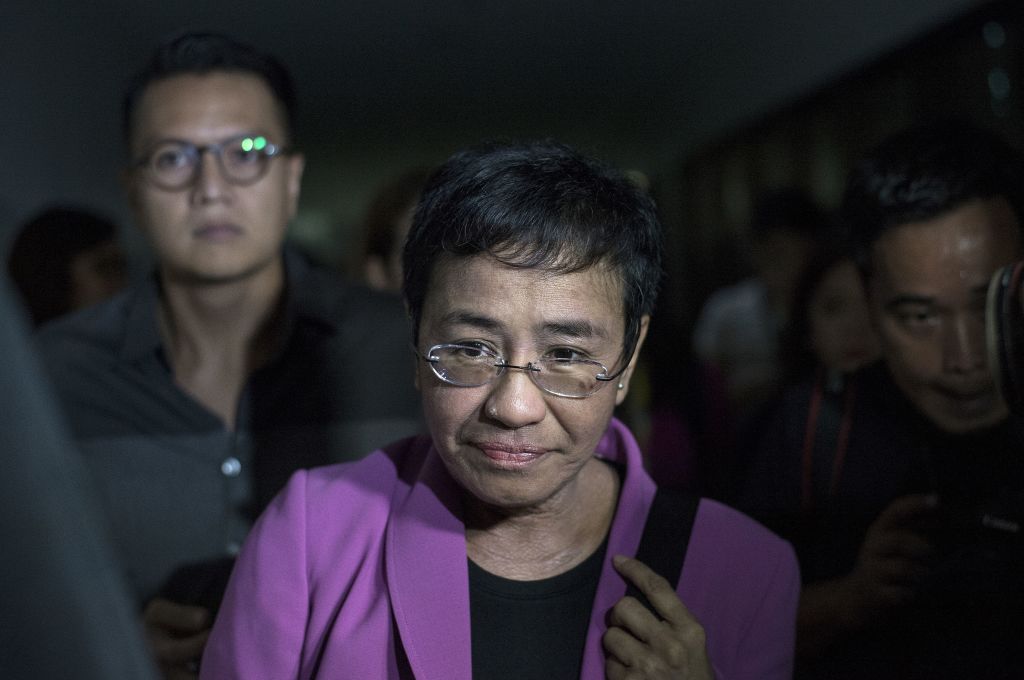“The latest harassment of Maria Ressa and her team comes as no surprise. Rappler’s fearless journalism has consistently exposed the so-called ‘war on drugs’ for what it really is: a deadly campaign that has led to thousands of unlawful killings of poor and marginalized people, including children. Critics, activists, and journalists alike have faced President Duterte’s wrath for speaking the truth.
“In this instance, the anti-cybercrime law has clearly been weaponized against legitimate dissent and free speech. It is all the more ridiculous given that the National Bureau of Investigation, which first reviewed the complaint, dismissed this claim as baseless last year. This repressive law, must be repealed by the government and charges dropped against Ressa and Rappler.”
“This latest step to stifle criticism follows a spate attacks on political activists and human rights defenders, including Senator Leila de Lima, detained since February 2017 on politically-motivated charges. The government shows no sign of ending its chilling campaign of repression, obstruction and intimidation. Authorities should end this harassment and let Maria Ressa and all Filipino journalists do their jobs as truth-tellers.”
Background
On May 29, 2012 Rappler published a story, written by former reporter Reynaldo Santos Jr., alleging that a car used by former Chief Justice Renato Corona during his impeachment trial belonged to a businessman, Wilfredo Keng, who has alleged ties to human trafficking and drug smuggling rings.
On January 10, 2018, Keng filed a “cyber libel” complaint against Santos, Maria Ressa, and six members of Rappler’s board of directors under the Cybercrime Prevention Act of 2012. The National Bureau of Investigation subsequently dismissed the complaint because the report preceded the enactment of this law.
In a January 2019 decision obtained by Rappler this week, the Department of Justice revived the charges against Ressa and Santos, as well as Rappler Inc., on the grounds that the news article was updated in February 2014, and is therefore actionable.
Maria Ressa and Rappler Inc are already facing charges of tax evasion which Amnesty has condemned as politically-motivated. Rappler has been a consistent critic of President Rodrigo Duterte and his administration, publishing detailed investigations into some of the thousands of extrajudicial executions committed by police and other unknown armed persons during drug-related operations.

